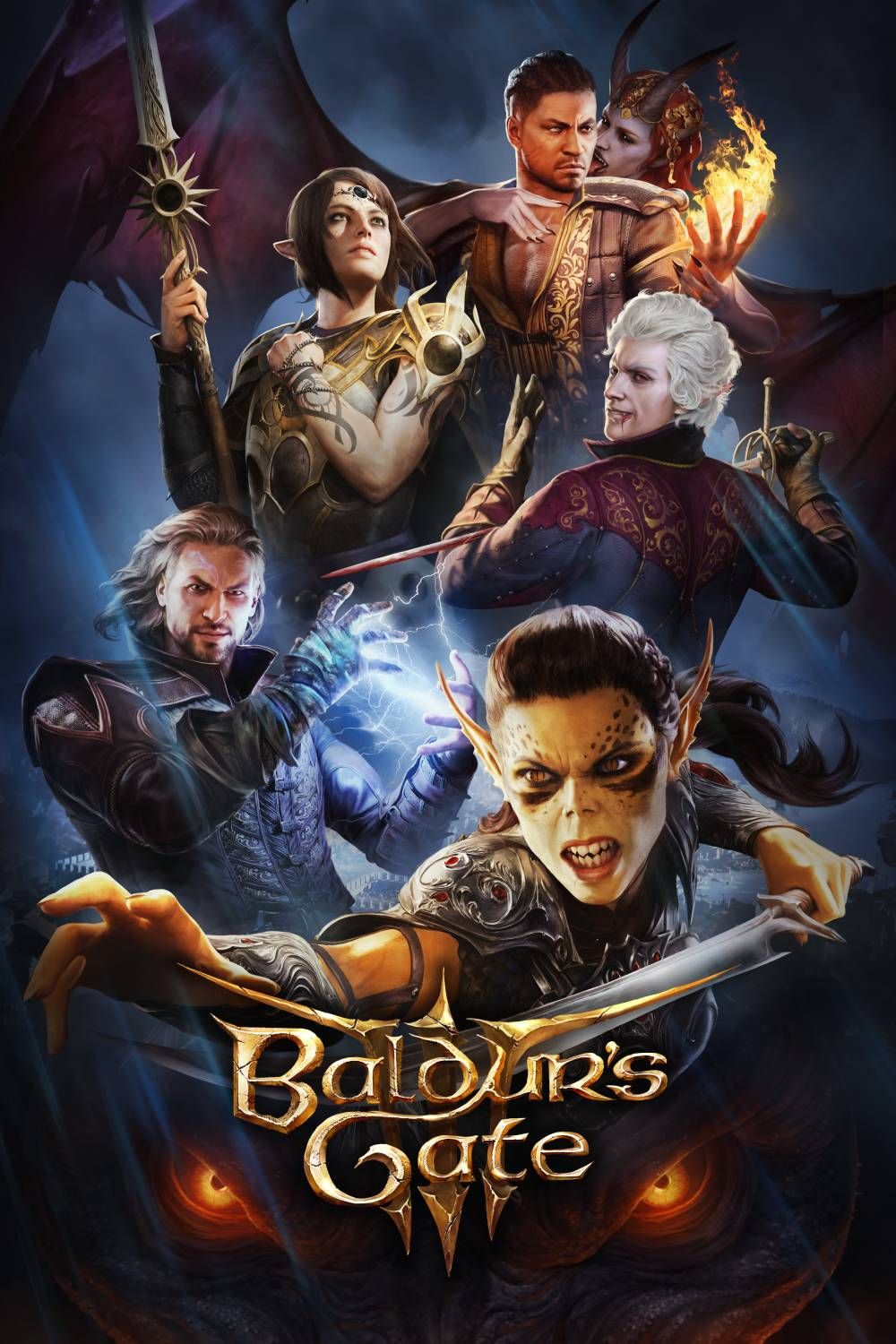
Winston Churchill is full of notable quotes, and one of his famous witticisms is that "democracy is the worst form of government - except for all the others that have been tried". The British politician might well have been talking about Dungeons & Dragons though. 5e is the worst combat system in tabletop, apart from all the others. Despite being the combat system of the world's most popular tabletop game during its most popular era, 5e doesn't get a lot of love. It has even been cited as a reason Larian has moved on from Baldur's Gate . But to move too far would be a mistake.
5e is a complicated system, that's true. Battles can take a long time, and if you're playing in a big party and roll low to attack, your turn is skipped. That can suck - it's not like you tried something that didn't work, made the wrong decision, or made a mistake in your approach. You just got unlucky. But there is something fundamental about luck in a dice-based game, and most homebrew adaptations of 5e try to remove it and end up much worse.
This brings us to Larian. It's worth noting, for the record, that I suspect there is more to the decision to move on from Baldur's Gate 3 than meets the eye. The developers have been clear that Wizards of the Coast owns the characters created for the game , and as a Dungeons & Dragons game, Larian will need to share revenue with the license holder. Given that Baldur's Gate was a cult series that hadn’t seen a new entry in two decades, Larian may be within its right to feel it has given more than it gained into the bargain, and wants to start again. But perhaps the most vital thing it gained was 5e, and it shouldn't throw away.
Looking at the evolution from Divinity, there are two ways to take the direction of Larian's implementation of combat. Baldur's Gate 3 offers even more variety and a range of ways to approach combat, from the typical options of melee, ranged, and magic to environmental interactions, defensive approaches, and unique scenarios for almost every choice you make. It's hard, therefore, to square this reality with the claim that "there were a lot of constraints in making D&D" because of 5e .
The optimistic way to look at this is that Baldur's Gate 3 was a step up from Divinity, and the next game could be even better without 5e holding it back. My reaction though is that Larian added 5e to the mix and produced the best combat it has ever done. It would be sensible to take lessons from 5e then to make its own version of it, not run from its complications completely.
A complete departure, like moving to action combat, would obviously make all of this moot, but given Larian's history and the success of BG3, it feels safe to assume that the next game will also be a turn-based affair with a range of abilities and possibilities. If this is the case, 5e would be the best framework to follow. If Larian tries to build its own turn-based, dice rolling combat system with a statistical foundation, it may find out just how impressive 5e is.
Systems that try to change 5e often fall short because they like to trim the 'bad' parts and soon realise that you can't have the good without the bad. Swapping Armour Class (which causes you to miss) for a penalty against the attack rolls is a common one for speed, but that often means it becomes too easy and the danger, as well as the joy of winning against the odds, evaporates.
Even Dungeons & Dragons itself has struggled against frustrations with 5e. As the game updates for 5e's tenth anniversary, it has decided not to give us 6e or even 5.5e, but to stay with 5e and tweak various subclasses to refresh the game and smooth parts over without overhauling a system that, despite being unpopular at times, is better than anything else out there.
Larian's new game, free of any constraints of licensing issues or brand parameters from Dungeons & Dragons, is an exciting prospect, but I'm less bullish on the combat. I trust Larian with whatever comes next, but I hope it is not too keen to turn its back on what makes 5e, and therefore what made BG3, so special.

Baldur's Gate 3 is the long-awaited next chapter in the Dungeons & Dragons-based series of RPGs. Developed by Divinity creator Larian Studios, it puts you in the middle of a mind flayer invasion of Faerûn, over a century after the events of its predecessor.